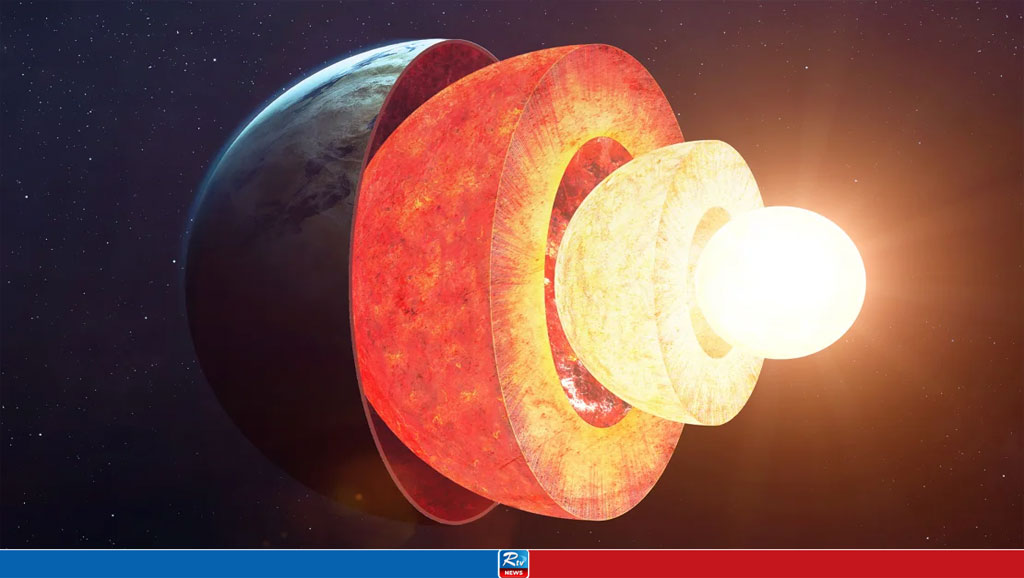AI helps scientists read 'unreadable' Herculaneum scrolls

Scientists have used artificial intelligence to decode text on papyrus that was rolled and charred 2,000 years ago. So AI now looks back as well as forward.
Three young scientists have won the grand prize in the Vesuvius Challenge for deciphering passages on a previously unreadable Herculaneum scroll.
More than a thousand scrolls were buried and covered in volcanic debris when Mount Vesuvius erupted about 2,000 years ago. They were in a library at a Roman villa in the ancient city of Herculaneum and discovered in the 1800s by a local farmer.
Many people have tried to read the ancient papyrus scrolls since then, but most attempts have destroyed the documents, which were left underground rolled, carbonized and fragile, for centuries.
The winners — Youssef Nader, Luke Farritor and Julian Schilliger — overcame this challenge by managing to read four passages without ever unrolling the scrolls.
Winning the Vesuvius Challenge
They used machine learning, a form of artificial intelligence, to read the ancient Greek text. Nadery, Farritor and Schillinger independently contributed to the Vesuvius scrolls community and now share the grand prize of $700,000 (€650,000).
The object was to decipher four passages of text, each of at least 140 characters, with at least 85% of characters "recoverable" — or readable.
Their work has revealed what are believed to be unknown texts by Philodemus, the villa's so-called philosopher-in-residence.
In the text, Philodemus writes about living a good life through the pleasures of beauty, music and food. Researchers say this and future discoveries in the texts will give them a "unique window into the classical world."
How scientists used AI to read a Herculaneum scroll
The scrolls were digitally "unwrapped" using computed tomography (CT) — or X-ray photos — and machine-learning technology.
First, in late 2023, the prize organizers had the scrolls imaged at the Diamond Light Source particle accelerator near Oxford in the UK. That produced high-resolution CT scans of scrolls.
The scans were then turned into a 3D volume of voxels. Voxels are 3D pixels, similar to the building blocks used in the video game Minecraft.
The second step is known as segmentation. They traced crumpled layers of the rolled papyrus in the 3D scan. That allowed them to unroll, or flatten, the images.
And the third step was detecting ink on papyrus. They used machine learning to identify regions of ink in the flattened segments of the papyrus.
But this is where it gets very clever. The machine-learning model was not trained to spot ancient Greek letters, optical character recognition (OCR), or any other language models.
Instead, it simply detected spots of ink in the CT scan and then combined and reconstructed each individual spot — and where letters appeared, that's where there was writing.
Decades of work coming to fruition
One of the prize organizers, Brent Seales of the University of Kentucky, had been working on deciphering the Herculaneum scrolls for decades. Seales was the first to use CT scans but found that it was difficult to detect the ink because it had a density similar to the papyrus on which it was written.
But developments gained speed when Seales, Silicon Valley entrepreneur Nat Friedman and engineer Daniel Gross launched the competition in March 2023.
A breakthrough came within a few months. A former physicist, Casey Handmer, noticed a cracked texture in the text and called it crackle.
Co-winner Farritor, an undergraduate student and SpaceX intern, used Handmer's observation to train a machine-learning model and deciphered the first entire ancient Greek word: ΠΟΡΦΥΡΑϹ, which means purple.
By October, Nader, an Egyptian PhD student in Berlin, was able to read a few columns of text.
Schillinger, a Swiss robotics student, who had previously won three prizes for segmentation, enabled the 3D-mapping of the papyrus scrolls.
And there is more to come in 2024. The next Vesuvius Challenge is to read an entire work or scroll by the end of the year.
Comments

 Live Tv
Live Tv




